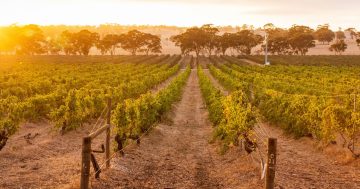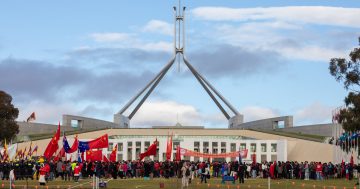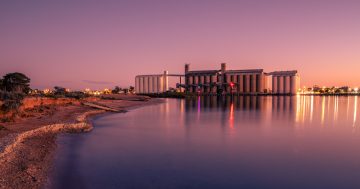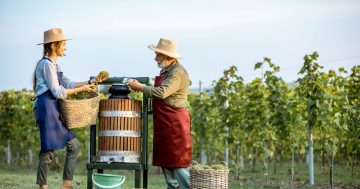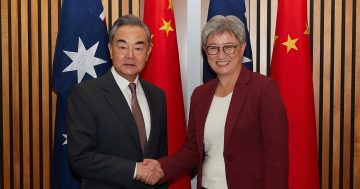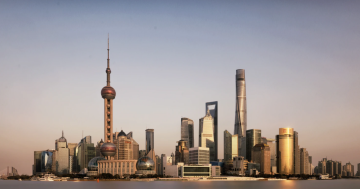
China’s tariffs on Australian wine could soon end. Photo: Thomas Lucraft.
The PM will soon be headed to China and that’s a good thing.
Anthony Albanese has accepted President Xi Jinping’s invitation to meet him in Beijing and Premier Li Qiang’s invitation to attend the China International Import Expo in Shanghai.
The timing of the early November visit is important, not just because it coincides with the 50th anniversary of Gough Whitlam’s pioneering 1973 trip to China.
It is crucial because Australia’s relationship with China needs these heads of government to break the impasse that has dominated the bilateral relationship over the past few years.
The Australian Prime Minister meeting his Chinese counterpart on Chinese soil is a magnificent gesture – both in the invitation and in the acceptance of it.
This is diplomacy in action and follows extensive groundwork and preparations by DFAT officials and foreign diplomats from both countries.
Australia and China cannot afford to not be friends. China remains Australia’s number one trading partner, despite the trade tariffs and angry words of recent times.
Economic cooperation, as well as cooperation in general over the ‘links between our people’ are two very good reasons for both nations to keep talking on friendly terms.
The fact that climate change is also an agenda item is quite telling, too. China has done some excellent work in this area. Cooperation over environmental initiatives can only bring a positive result.
This is not to say that Australia should acquiesce over any sovereignty-threatening issues or back off on human rights. To the contrary. The Australian Government will always firmly state its case. But it is the common ground where so much can be achieved.
A mere scan of recent developments and it is plain to see that common ground is being pursued by both sides.
The relaxing of punitive trade tariffs on Australian goods has begun, first with China’s review earlier this year on the barley tariffs, which have since been lifted.
Now, ahead of Mr Albanese’s visit to Beijing, the Chinese Premier has promised an expedited review of the 220 per cent tariffs imposed on Australian wine since late 2020.
“We have agreed, on the issue of wine, for there to be a review of China’s position on wine tariffs to be conducted over the next months, similar to how barley was developed,” Mr Albanese said.
“We’re very confident that this will result in, once again, Australian wine, a great product, being able to go to China, free of the tariffs which have been imposed by China.”
In return, Australia has agreed to suspend its World Trade Organisation action against China over the tariffs.
Beijing has also requested Australia lift its tariff restrictions on the importation of Chinese-made towers for wind turbines and some other products, although Mr Albanese claims Australia hasn’t promised to do so.
The tariff reviews certainly signal a turning point in the relationship between the two countries.
The resumption of state-sanctioned tourist group travel to Australia is another signal – so too is the release of Australian journalist Cheng Lei from prison after being held for three years without charge. It’s a clear demonstration of effective diplomacy at work and a desire for gestures of goodwill.
So when the cries go up (they have already started) over the Prime Minister’s visit to China and why he shouldn’t go, it is worth remembering why he should and exactly what is at stake here.
Cooperation on trade and on people connections are valuable to both nations.
We’ve seen a taste of the alternative in the very recent past (Australia’s wine export industry alone plummeted from $1.2 billion to $8 million because of the tariffs), and it is not the future we need.
Since Labor came to office, much has been done to help thaw the icy relationship that Canberra and Beijing had reached. We are beginning to see results.
This will be the first Australian prime ministerial visit to China since Malcolm Turnbull’s in 2016.
And it’s fitting that Mr Albanese is visiting an import expo in Shanghai.
But he’s got to survive the circus in Washington this week first.
Original Article published by Chris Johnson on Riotact.


